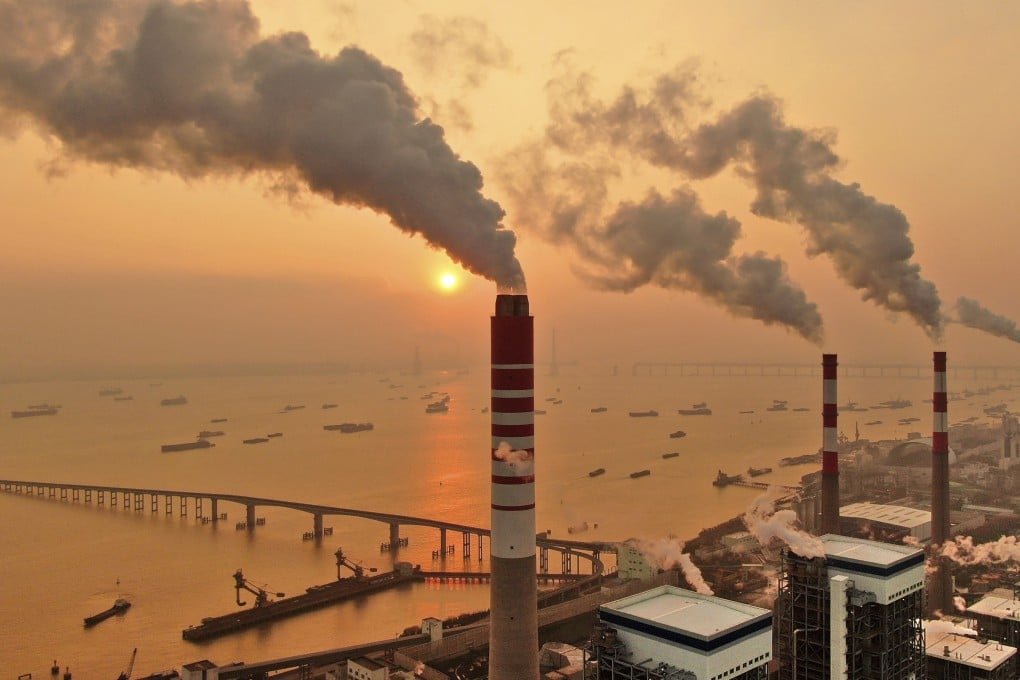Advertisement
Editorial | China and the US must work together on climate change
- President Xi Jinping has laid out ambitious plans to save the world from catastrophe as has his American counterpart, Joe Biden; together, the two nations can make the difference between life and death
2-MIN READ2-MIN
1

President Xi Jinping’s pledge that China will end financing of overseas coal-fired power plants marks another important step in the nation’s efforts to help the world meet its climate change goals. Beijing will instead support developing countries involved in its Belt and Road Initiative with green and low-carbon energy projects.
Coming ahead of a United Nations summit in Glasgow starting on November 1, the announcement exemplifies the leadership necessary to inspire those taking part to make similarly ambitious commitments. Unless governments work together with a common purpose, temperatures will not be sufficiently kept in check to prevent the threats posed by global warming.
The vow was given to the UN General Assembly, the same forum where Xi last year made the even more significant promise that China would hit peak pollution by 2030 and attain net-zero emissions by 2060. That set the nation on a course of fast-tracking clean energy investment and development, weaning itself off polluting carbon sources and pushing ahead with construction of hydroelectric, nuclear, solar and wind plants.
Advertisement
Those will also be the options for Pakistan, Bangladesh, Indonesia and other countries that had plans for Chinese coal power projects. More than 40 schemes are involved; China, as a world leader in many clean power technologies, is well-placed to provide their needs.
Beijing joins Tokyo and Seoul, the two other key players in public financing of coal plants, which earlier this year also announced ending involvement. It has made an important declaration, but no details were given. A number of Chinese overseas coal power projects had already been cancelled or put on hold and the time frame for others involved has not been set.
Advertisement
Advertisement
Select Voice
Select Speed
1.00x
